Alzheimer's: Memories
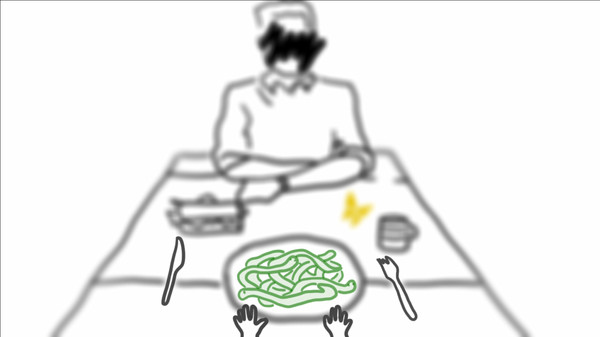

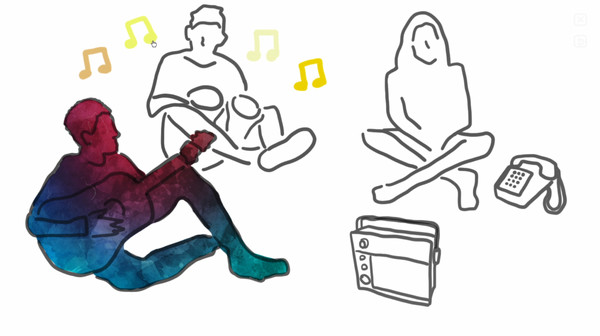

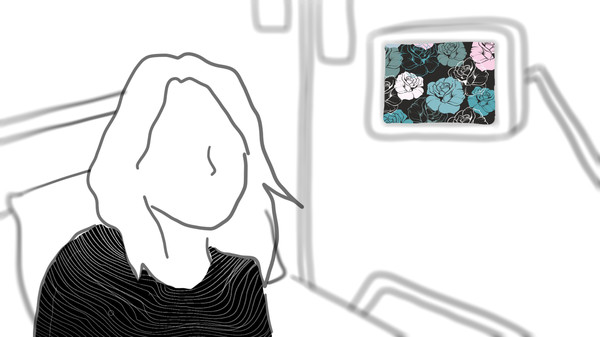


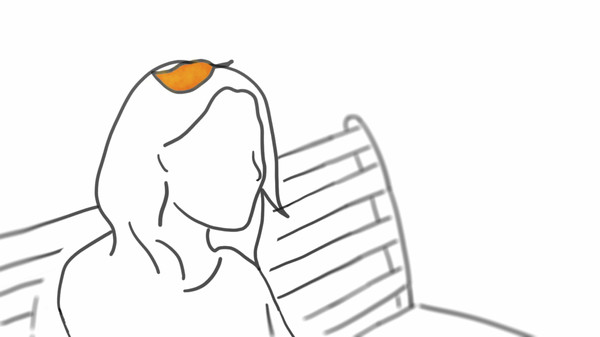
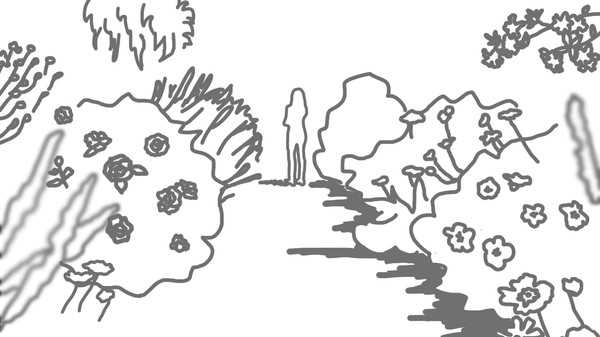



Minimum requirements
Minimum:- OS: Windows 7, or later
- Processor: 1 GHz
- Memory: 512 MB RAM
- Graphics: GeForce 6 or Radeon X1000
- Storage: 2 GB available space
Single-player
Indie, Simulation
29 Jul, 2021
Curator review
Have you ever wondered what it would be like to have Alzheimer's? Then wonder no more as this point and click game will put you in the shoes of an old man and you see life through his eyes.
Full review
I recently had the opportunity to play Alzheimer's: Memories, a poignant point-and-click adventure that offers a unique perspective on the experience of living with Alzheimer's Disease. As someone who has never truly understood what it would be like to navigate through life with this condition, I found the game to be an eye-opening and thought-provoking experience.
The game centers around an old man who has been diagnosed with Alzheimer's Disease. Through his eyes, players are transported into his fragmented memories and tasked with helping him piece together his own past. The gameplay mechanics effectively mirror the confusion and uncertainty that often accompany Alzheimer's, as players navigate through dream-like sequences filled with familiar yet elusive details.
One of the standout aspects of Alzheimer's: Memories is its ability to effortlessly evoke empathy from players. Through subtle storytelling and beautifully crafted visuals, every scene serves as a reminder of how precious our memories are and how challenging life can become when they slip away.
The combination of delicate storytelling, immersive gameplay, and stunning artwork creates an experience that is both captivating and emotionally resonant. The estimated playtime of 40-70 minutes ensures that players can fully immerse themselves in the old man’s world without feeling overwhelmed or rushed.
If you're looking for a unique gaming experience that challenges your perspective while offering insight into what it might feel like to live with Alzheimer’s Disease, I highly recommend giving Alzheimer’s: Memories a try. It not only sheds light on this debilitating condition but also invites reflection on our own lives and relationships.